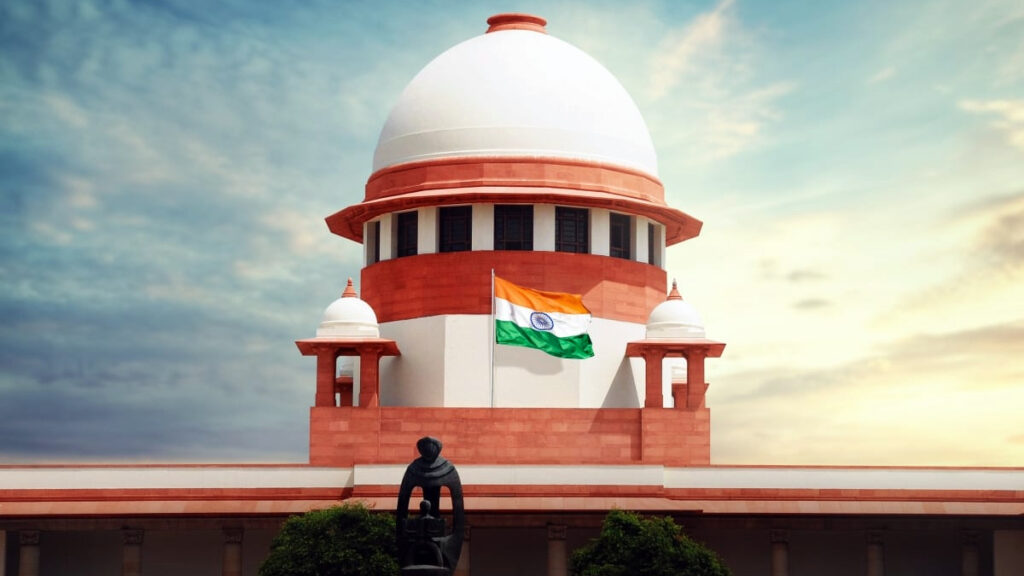
Supreme Court Grants Bail in NDPS Case Due to Prolonged Incarceration and Trial Delays
Last Updated on June 10, 2024 by News Desk
The issue at hand is whether an accused under the Narcotics Drugs and Psychotropic Substances (NDPS) Act can be granted bail due to prolonged incarceration and undue delay in the completion of the trial, despite the stringent conditions set forth under Section 37 of the NDPS Act.
Rule
Section 37 of the NDPS Act mandates that bail should not be granted unless two conditions are satisfied: the accused must demonstrate reasonable grounds to believe they are not guilty of the offense, and that they are unlikely to commit an offense if released on bail. However, the Supreme Court has observed that prolonged incarceration resulting from undue trial delays violates the fundamental right to a speedy trial under Article 21 of the Indian Constitution. In such circumstances, the court may consider granting bail, overriding the statutory restrictions of Section 37.
Application
In the present case, the accused had been in custody for over two years without the trial being concluded, raising concerns over the delay. The defense argued that the Panch witness did not support the prosecution’s case, while the prosecution insisted that bail should be denied since the Investigation Officer had not been examined as a Panch witness. The Court rejected the prosecution’s argument, noting that the Panch witnesses had not corroborated the prosecution’s case and that the Investigation Officer did not qualify as a Panch witness in this context.
The Court, referencing previous rulings in Mohd. Muslim v. State (NCT of Delhi) and Rabi Prakash v. The State of Odisha, reiterated that undue delay in trial proceedings justifies granting bail to an accused under the NDPS Act. The fundamental right to a speedy trial under Article 21 was deemed paramount, thus allowing for conditional liberty despite the restrictions imposed by Section 37.
Conclusion
The Supreme Court, emphasizing the undue delay and prolonged incarceration, granted bail to the accused in this case. It was observed that the delay in the trial militated against the fundamental rights under Article 21, thus allowing for the grant of bail despite not meeting the stringent conditions of Section 37 of the NDPS Act. This decision underscores the Court’s commitment to ensuring that procedural delays do not infringe on constitutional rights, providing a precedent for conditional liberty in similar cases of prolonged trial delays.
Written by — Athi Venkatesh AVD




